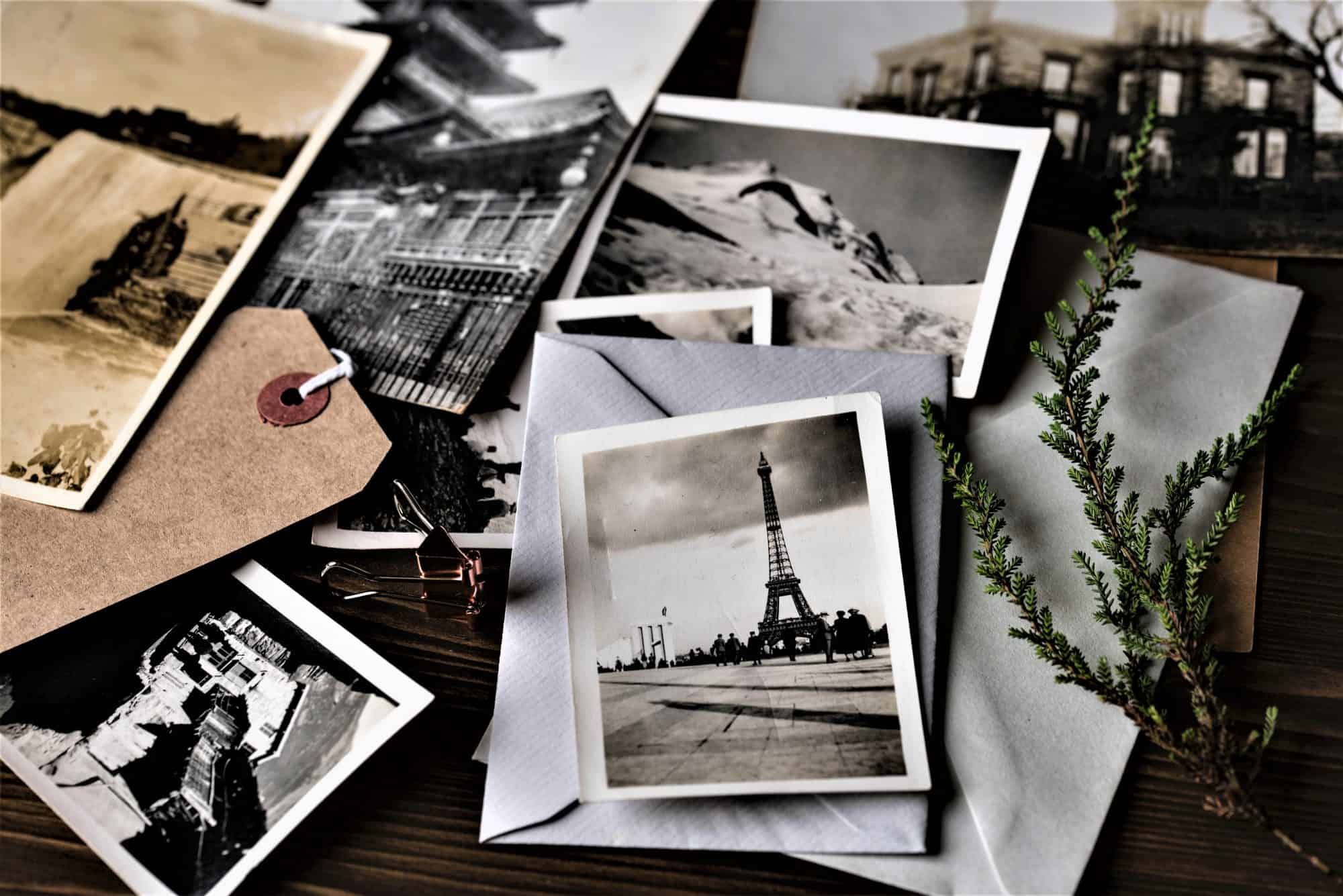
Chinese Festivals
Chinese Zodiac is cyclical in nature. And because Chinese festivals are calculated according to the Lunar Calendar, they fall on different dates each year according to the Gregorian – or Western – Calendar, which is in common use around the world.
In This Post
Lunar Calendar vs Gregorian Calendar
If the calendar now used throughout the world is based on the earth’s rotation around the sun, the Lunar Calendar, which was used in China until 1911, was based on the moon’s rotation around the earth.
In other words, the Western calendar is linear in nature, whereas the Lunar Calendar is cyclical.
In fact, the Lunar Calendar runs n five 12 year cycles. And these comprise two factors: the 12 animals of the Chinese Zodiac and the Five Elements.
12 Animals of the Chinese Zodiac
- Rat
- Ox
- Tiger
- Rabbit
- Dragon
- Snake
- Horse
- Sheep
- Monkey
- Rooster
- Dog
- Pig.
Five Elements
- Wood
- Fire
- Earth
- Metal
- Water
Combined, it thus it takes 60 years for one cycle to run its complete course. And this is why 60th birthdays are such a big deal in Chinese society!
I wish I had known that before I celebrated my 60th birthday. I only found out after the fact.
Legend Behind the Chinese Zodiac
So how did this all come about? According to legend, there were 12 animals, all wanting to lead the cycle.
When the gods were asked to settle the dispute, they told the animals to race across the river. The first one to reach the other side would lead the cycle.
The animals all dove into the river and started to swim. Knowing that the ox was the strongest swimmer, the crafty rat jumped on his back. Just as the ox was about to reach shore, the rat jumped over his head, winning the race.
Thus the rat leads the cycle, the ox comes second, the tiger third, and so forth. The slovenly pig, meanwhile, came in last.
Lunar Calendar in Contemporary Chinese Society
While the Western – or Gregorian – Calendar has been used in China now for more than 100 years, the Lunar Calendar continues to play an important role in Chinese society.
Chinese holidays – such as Chinese New Year, the Dragon Boat Festival, the Grave Sweeping Festival, the Ching Ming Festival, the Moon Festival, and others – continue to be celebrated according to when they fall on the Lunar – rather than the Gregorian – Calendar.
As a result, Chinese New Year can fall as early as late January or as late as mid-February.
The Lunar Calendar is also used in fortune telling and determining auspicious and inauspicious dates to hold wedding banquets, official openings, and other key events.
If the trains are particularly crowded in late evening in Hong Kong or Singapore, you can be sure that it is an auspicious date on which to get married!
Chinese Zodiac vs Western Zodiac
Both the Chinese Zodiac and the Western Zodiac have 12 signs, which is an amazing coincidence.
Similarly, both zodiacs assign character traits to people born under the various signs. They are also both used to predict the future.
But there is a key difference: the Chinese signs are assigned according to the year you were born whereas the Western signs are assigned according to the time of the year.
This is because the Western Zodiac is based on the position of the sun when you were born rather than the year in which you were born.
12 Signs of the Western Zodiac

- Aries (Ram) – 20 March to 20 April
- Taurus (Bull) – 20 April to 21 May
- Gemini (Twins) – 21 May to 21 June
- Cancer (Crab) – 21 June to 23 July
- Leo (Lion) – 23 July to 23 August
- Virgo (Maiden) – 23 August to 23 September
- Libra (Scales) – 23 September to 23 October
- Scorpio (Scorpion) – 23 October to 22 November
- Sagittarius (Centaur, or Archer) – 22 November to 22 December
- Capricorn (Mountain Goat) – 22 December to 20 January
- Aquarius (Water Bearer) – 20 January to 18 February
- Pisces (Two Fish) – 18 February to 20 March
